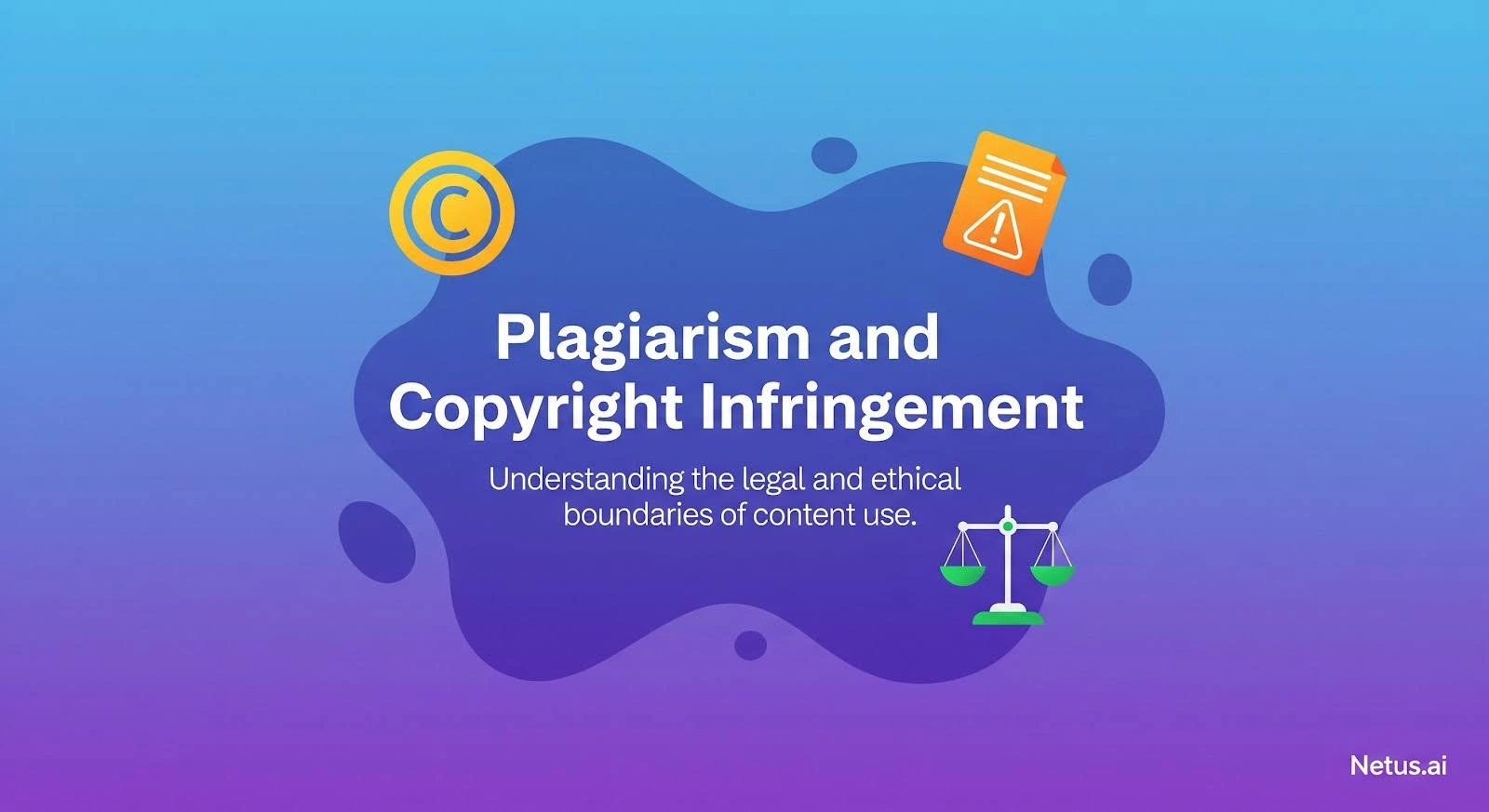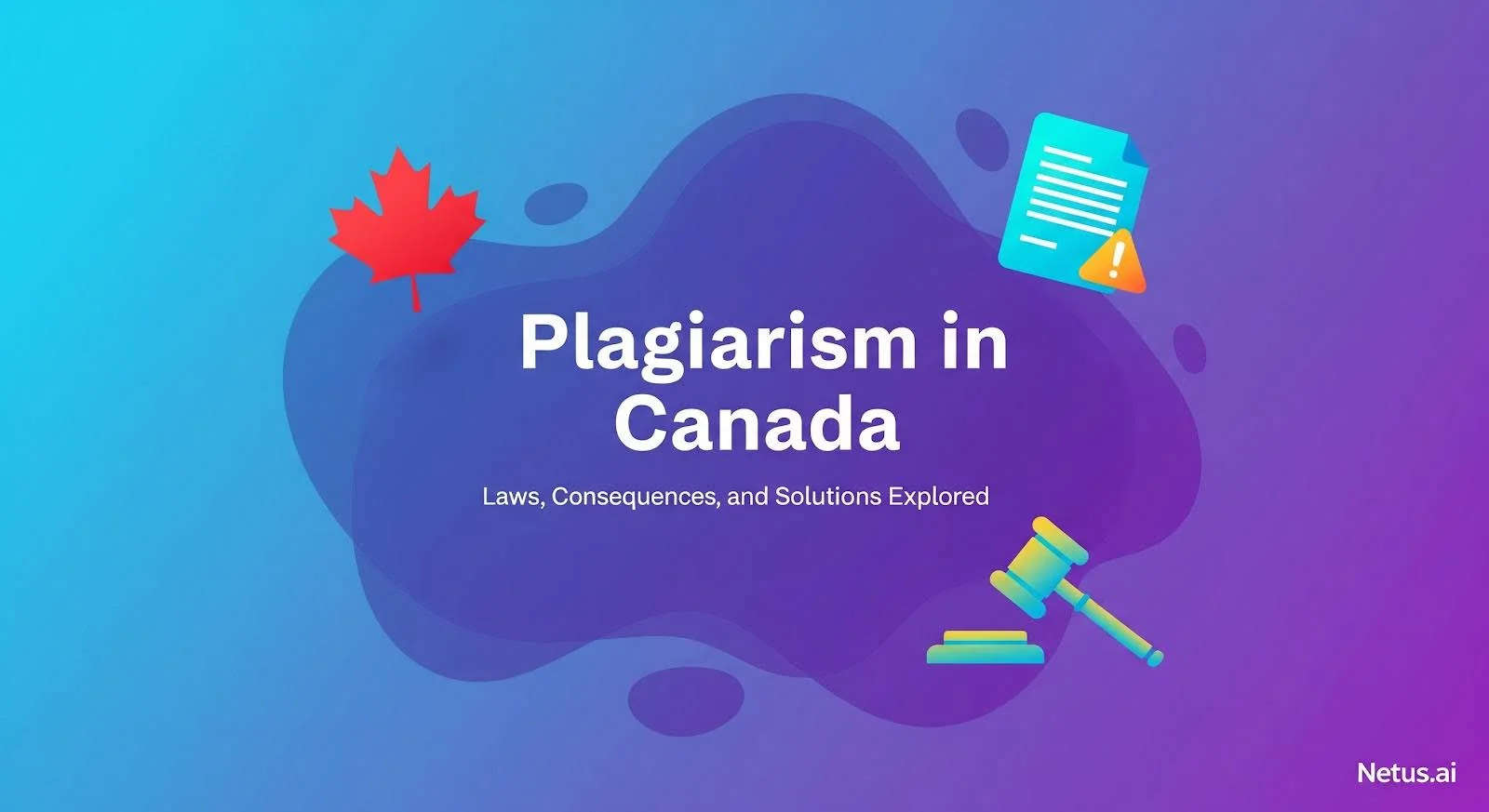Table of Contents
Reporting Copyright Infringement. Plagiarism, whether intentional or accidental, can cause significant damage to an individual’s or a company’s reputation. As the availability of information grows due to rapid advancements in technology, it’s increasingly essential for content creators to protect their work through copyright laws and intellectual property rights. Often, people mistakenly assume that summarizing and paraphrasing are acceptable ways of reproducing content; however, these actions, too, are considered forms of plagiarism.
To safeguard their original work from unscrupulous users, writers, publishers, and organizations often apply copyright tags to the digital and printed content they create. By understanding and adhering to copyright laws, such as the U.S. Government’s Digital Millennium Copyright Act, content creators can ensure their work is protected, while also fostering a culture of innovation and maintaining the value of the creative assets they produce.
Key Takeaways
- Plagiarism, whether intentional or accidental, carries serious consequences and can harm reputations.
- Summarizing and paraphrasing are also forms of plagiarism and should be avoided.
- Adhering to copyright laws and protecting intellectual property fosters innovation and helps maintain the value of creative works.
How Reporting Copyright Infringement Assists the Copyright Owner
Proactively addressing copyright infringement benefits the copyright owner by safeguarding their exclusive rights to the copyrighted work. Reporting infringement helps preserve the creator’s interests and regulate unauthorized use of copyrighted content.
By exercising their legal rights, copyright owners can take legal action against offenders who misuse their works, potentially leading to monetary compensation if the infringing content fails a copyright checker.
Both the copyright owner and conscientious readers share responsibility for reporting copyright infringement. Such vigilance supports the original creator and helps:
- Uphold the creator’s rights over their works
- Discourage the unauthorized use of copyrighted content
- Prevent future copyright infringement
- Legally penalize those who misuse copyrighted works
Overall, reporting copyright infringement is essential for maintaining the integrity of the creator’s works, protecting their rights, and ensuring that copyrighted content stays within the bounds of fair use and attribution.
Reporting Copyright Infringement on Various Platforms:
Copyright infringement laws are stringent, and handling duplicated content effectively is essential. These laws safeguard not only digital content, such as music, material, software, and services, but also printed materials such as books and writing.
For detecting infringement in digital content like images, videos, and written content, multiple online tools facilitate recognition of piracy. When copyright owners identify a website with uncredited copied content, they can report it. Search engines may respond by eliminating the infringing material, punishing the publisher, or redirecting users to the original source site without penalizing the duplicator directly. Such activities impact site ranking and search engine optimization (SEO).
In contrast, printed media allows for using others’ content with proper citation, but even a misplaced quotation mark or parenthesis can lead to accusations of plagiarism. For printed content, manual plagiarism detection can be employed by carefully reading each line and searching for signs of unauthorized use. This approach is more time-consuming compared to software solutions.
Here’s a brief summary of common reporting methods:
- Digital Content: Use online tools to detect copyright infringements and report to search engines or content hosting platforms.
- Printed Media: Check for plagiarism manually and ensure proper citation is given.
Always ensure compliance with copyright laws to avoid potential penalties and protect artists’ and creators’ hard work.
How to Report Copyright Infringement?
Filling Out Copyright Reporting Forms
Social media platforms and websites with user-generated content often face copyright infringement issues. To address this, copyright owners can complete copyright reporting forms by submitting the necessary details of the original and duplicated content. After submission, review websites should employ copyright checkers and plagiarism detection tools to determine if the content warrants removal.
Contacting the Copyright Agent
Organizations often have designated copyright agents to handle copyright compliance and content quality monitoring. If a copyright owner detects plagiarism or insufficient citations, they should alert the copyright agent with a legal notice regarding the alleged content theft. This helps the organization avoid potential legal challenges, maintain content quality standards, and prevent further misuse of copyrighted content.
Direct Reporting to Institutions or Platforms
In cases where there might be a separation between an organization and its website, it’s essential to report copyright infringement directly to the organization or platform’s representative. Communication and clear documentation are crucial to efficiently address the issue. In the academic field, instances of plagiarism jeopardize academic integrity and should be reported directly to the institutions.
Utilizing Plagiarism Detectors for Text
For written text infringement cases, copyright owners can employ various online plagiarism detectors to identify duplicate content. Using the best available tools helps to build a robust report while keeping up with the ever-evolving methods employed by those who engage in content theft.
Addressing Different Types of Infringement
The authorities can also report copyright infringement according to the copyright act. Specialized branches are dedicated to addressing plagiarism in different areas such as music, software code, printed media, and digital media. This ensures that all types of content, regardless of format, are protected and that necessary action is taken against those who engage in infringement.
Following these steps will help copyright owners efficiently report and address cases of copyright infringement. Protecting intellectual property is essential for maintaining a fair and just environment for creators, institutions, and organizations alike.
Frequently Asked Questions
Reporting Copyright Violations on Social Media
To report copyright violations on social media platforms, visit the platform’s Help Center or report the content directly through their reporting tools. Each platform has its own procedure for handling copyright infringements. For example, Facebook and Instagram provide forms to submit a report.
Steps for Anonymously Reporting Copyright Infringement
To report copyright infringement anonymously, you can use a proxy email address or temporary contact information. However, be aware that anonymous reporting can reduce the chances of success in phishing and scam cases and may limit legal remedies.
Addressing Copyright Infringements of Your Work
If you discover that someone has infringed on your copyrighted work, gather evidence, and consider sending a cease and desist letter. You may also want to consult with an attorney for legal advice. In some situations, filing a takedown notice may be appropriate.
Notifying Companies of Potential Copyright Breaches
To inform a company about a possible copyright violation, contact their legal department or designated content compliance contact. Include necessary information such as your contact information, a description of the copyrighted work, and details of the infringement.
Reward System for Reporting Copyright Infringements
Currently, there is no universal reward system for reporting copyright infringements. However, certain industries and organizations may offer incentives for reporting such issues. These rewards may vary depending on the industry and specific case.
Responding to Mistaken Copyright Infringement Accusations
If your content is wrongfully accused of copyright infringement, consider reaching out to the claimant to clarify the situation. Provide proof of your ownership or demonstrate that your content falls under fair use. If necessary, seek legal assistance to help resolve the issue.


